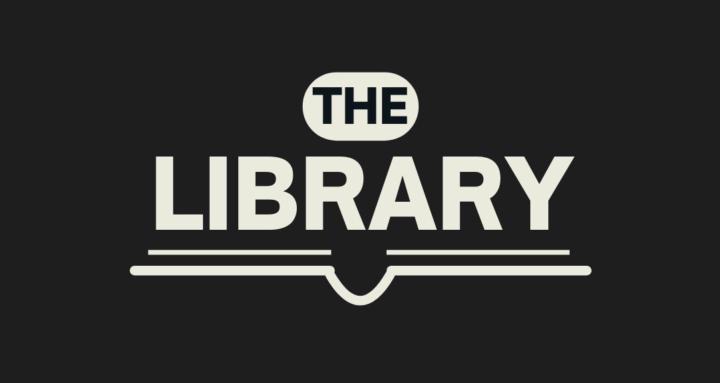Apr '25 • The Archive 🗂️
When a Moment Becomes a Lifetime: Intention, Worship, and Why We Do What We Do
“Indeed, We sent the Qur’an down during the Night of Power. And what can make you comprehend what the Night of Power is? The Night of Power is better than a thousand months.”
– Surah al-Qadr
A single night. Worth more than a thousand months.
Let that sink in for a moment. That’s over 83 years. A lifetime.
One night... equal to a lifetime of worship, of meaning, of transformation.
To the human mind, it’s almost incomprehensible. And yet, in His boundless mercy, God—Allah in Arabic, often described by Muslims as "Subhanahu wa ta'ala" meaning “Glorified and Exalted is He”—gives us this opportunity every year during the Islamic month of Ramadan. It’s called Laylat al-Qadr, the “Night of Power.”
Now, this isn’t the God often portrayed by cynics or Islamophobes. This is not a Lord looking for reasons to condemn His creation. This is a Lord who gives you a night, not once in your life, but every single year, where everything can change. A night where one sincere prayer, one quiet act of kindness, one heartfelt tear, could outweigh a lifetime of mediocrity.
Imagine giving in charity on that night—with sincerity—and that single act is rewarded as if you gave every day for 83 years.
Does that sound like a God who wants to punish?
It’s experiences like these—silent, sacred nights in the depth of Ramadan—that have reshaped my understanding of who God is. They’ve refined my perception of what it means to worship. They’ve made me realise that worship isn’t just about ritual—it’s about relationship.
But even with that clarity, I still find myself asking uncomfortable questions. Why am I here, on this night, worshipping with such intensity? Is it fear that’s driving me? Fear of punishment? Is it desire—hope for reward? Or... is it something deeper?
I was reminded of a quote by Imam Ali ibn Abi Talib, a towering figure in Islamic history known for his wisdom and moral clarity:
“Some people worship God desiring His reward – that is the worship of traders;
Some worship fearing His punishment – that is the worship of slaves;
And some worship out of gratitude – and that is the worship of the free.”
– Nahj al-Balāghah
It’s not easy to gauge where you stand. Everything gets muddled. One moment, you’re sincerely reflecting—just you and your Lord. The next, you’re bargaining, treating prayer like a transaction. It’s difficult, and I don’t have neat answers. But I’ve come to believe that this tension is itself part of the journey.
It mirrors life more broadly.
Why do we do the things we do?
Do we work, love, sacrifice, help—because of fear? Because of expectation? Because of what we stand to gain?
Or are we capable of acting from a deeper place—of conviction, of gratitude, of meaning?
And while much of this reflection is framed in the language of faith, this isn’t just a religious point. The lesson transcends belief. For you, the reader—whoever you are, wherever you are—perhaps the message is this: a single night, a single decision, a single act of intentionality can change everything. You don’t need a sacred calendar to tell you that transformation can begin at any moment. The idea that one conscious decision—be it to pursue your passion, to forgive, to begin, to believe in yourself—could shape an entire lifetime… that’s something we can all relate to.
This year, I’ve spent much of Ramadan in prayer. In between job applications, trying to map out the next chapter of my life. And I’ve had to ask myself—am I just being transactional with God? Is this the worship of a businessman? A man negotiating with the Divine?
But here’s the beauty of the Islamic tradition: actions are judged by intentions. What matters most isn’t the act itself, but the spirit behind it. And that means we always have the opportunity to reset, to recalibrate, to be sincere.
So this Ramadan, I’ve tried to shift the focus. To stop obsessing over results and instead show up—with presence, humility, and hope. Not because I want something from God, but because He is worthy. Because this life is worthy. Because the effort, the striving, the sincerity—it all matters.
Whether you believe in God or not, maybe this is something worth reflecting on:
Are we doing what we do out of fear, out of reward, or out of purpose?
And if we could choose—if we could be intentional—what kind of life would we build?
Because if Laylat al-Qadr teaches anything, it’s this:
One moment, one night, one choice—can change everything.
Destiny isn’t fixed. The pages of your story are still being written. The ink is still wet.
As Imam Ali once said:
“Moderation leads to increase, and extravagance leads to destruction.”
(Al-Kafi, The Book of Zakat)
The key is balance. In worship. In intention. In life.
That’s where growth begins. That’s where meaning lives. That’s where transformation is found.
Love and blessings,
Bilal
2
1 comment
Suggested communities
Powered by

